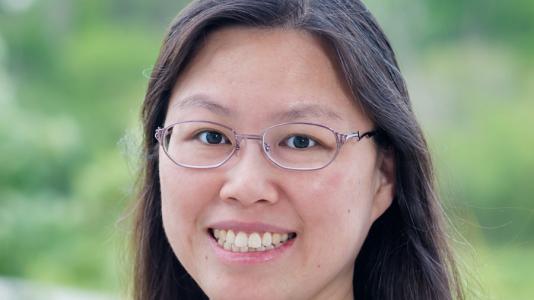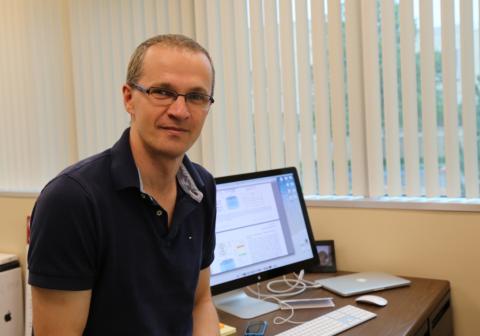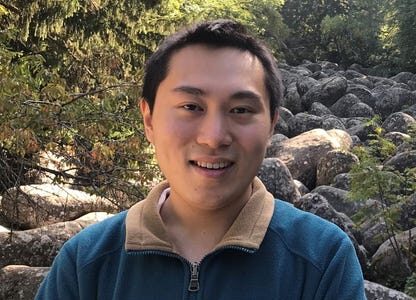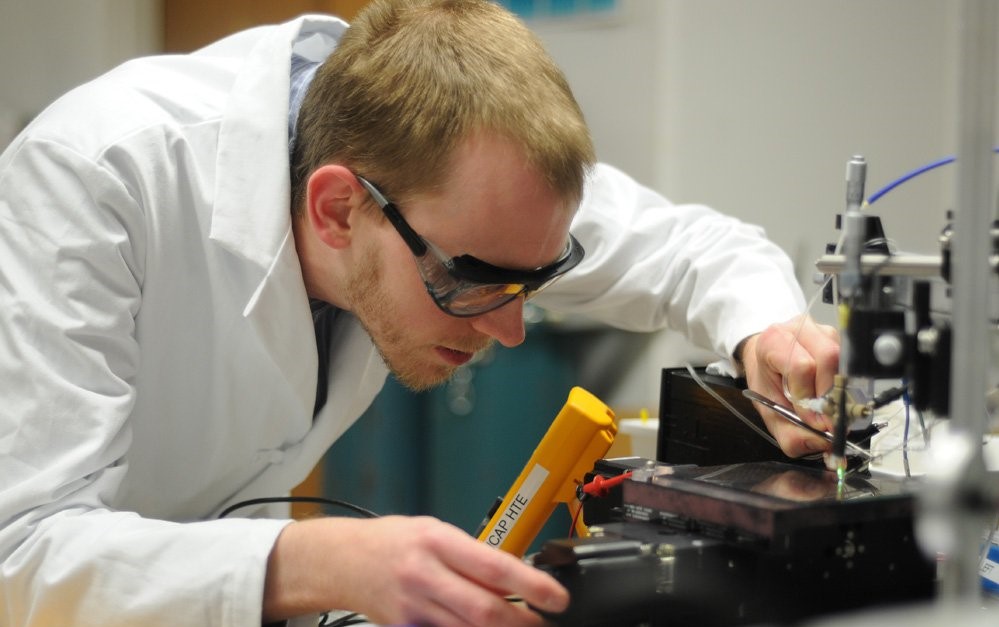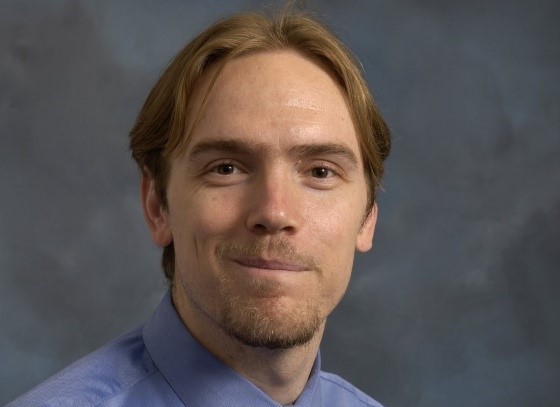Positions:
A3MD is recruiting students at the Undergraduate, Master’s, and Graduate level.
Application Deadline:
Ongoing
Start Date:
A3MD is hiring students on an ongoing basis.
Submission:
Interested applicants should send their cover letter, CV, the contact information of three prospective referees, and their interested research area(s) to (a3md@utoronto.ca).
Position Description
The Alliance for AI-Accelerated Materials Discovery (A3MD), is an academic-industrial consortium with a mission to drastically reduce materials discovery timescales levering the latest advances in artificial intelligence and high-throughput experimentation.
A3MD is seeking outstanding candidates to work on research projects at University of Toronto or McMaster University, in collaboration with our industry, academic, and government partners.
Candidates will work on one or more of the following research areas:
- Electrocatalysis
- Thermocatalysis
- Optoelectronic devices
Candidates will gain research expertise in one or more of the following:
- Design, fabrication, and characterization of electrochemical systems or optoelectronic devices
- High-throughput experimentation in electrochemical systems or optoelectronic devices
- Computational screening of materials through ab initio and data-driven methods
- Machine learning for materials discovery
- In-situ / operando characterization of materials
A3MD research fellows will work in a highly collaborative and interdisciplinary environment and will have access to world-class facilities for materials synthesis, advanced materials characterization, supercomputing clusters for high-throughput computing, and high-throughput experimentation and robotics.
Commitment to Equity, Diversity, and Inclusion
A3MD is committed to fostering an equitable, diverse, and inclusive community and to proactively improve representation of marginalized groups across scientific research. We encourage applications from individuals that identify with groups traditionally underrepresented in the fields of engineering, physics, chemistry, materials science, and computer science. An equitable, inclusive, and diverse research environment enables our research team and scholars to succeed in our mission to overcome grandstanding challenges in materials discovery.
Commitment to Accessibility
A3MD is committed to an accessible recruitment process for all candidates in accordance with the Accessibility for Ontarians with Disabilities Act. We strive for our recruitment process to be accessible and will provide accommodations as needed for candidates with disabilities. If you require any accommodations, please let us know.

